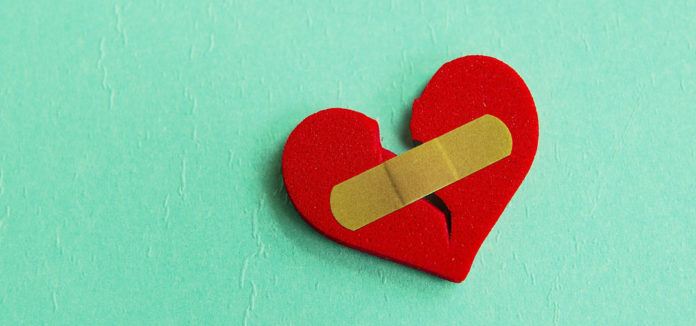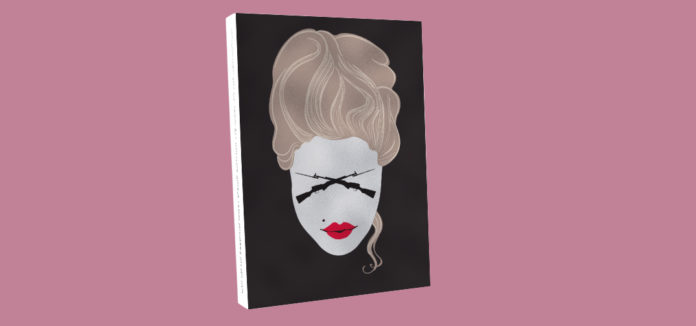Founder of Project Goodness – a community dedicated to noticing and adding to the goodness in and around us).
WHAT’S YOUR MOTTO?
It’s about your attention and where you put it!
WHAT’S ON YOUR NIGHTSTAND?
Mostly books! 7 books, 4 of which I’m in the middle of (including “My Grandfather’s Blessings” by Rachel Naomi Remen) and 3 of which I plan to start soon (including “The Wisdom of Insecurity” by Allan Watts). I also have a memo pad and pen and the Project Goodness manifesto.
WHAT GIVES YOU GOOSE BUMPS?
Hearing someone talk about what they are passionate about.
WHAT IS YOUR BAD DAY BACKUP PLAN?
Once, after an exceptionally “bad day” I went on Pinterest and happened upon this quote “Your success rate of getting through bad days is 100%” – I like to remember that on bad days, as it kind of puts them in perspective. So after I remember that, I like to focus on taking it easy on myself, accepting the day, and trying to think of some part of it that went well.
WHAT ARE YOU GRATEFUL FOR?
Being able to do what I love daily – shining a light on the goodness in the world, encouraging others to do the same, and together, working on adding to it.
HOW DO YOU DEFINE SUCCESS?
Exactly the way Ralph Waldo Emerson does here: “To know even one life has breathed easier because you have lived. This is to have succeeded.”
BEST ADVICE YOU’VE EVER RECEIVED?
When I was in the early stages of Project Goodness, my Dad said, “Sometimes you have to think a little unrealistically in order to make it happen, you just have to go for it!”
BEST ADVICE YOU’VE EVER GIVEN?
“You know what to do.” I believe that when people ask what to do, at the bottom of their heart they know. I therefore love helping them get in touch with that.
FAVORITE WORD?
Right now, my favorite word is one I recently learned – the Chinese word for crisis, which is made up of two characters, one that signifies “danger” and the other “opportunity.”
WHAT ARE YOU WORKING ON NOW THAT YOU ARE EXCITED ABOUT?
I’m in the final stages of putting together a Project Goodness workshop – where those that partake in it will get to explore goodness in an engaging and creative way, and hopefully leave feeling more connected to the goodness in and around them. This has been one of my dreams for a while and I’m so excited that it is becoming a reality!
HOW DO YOU PRESS PAUSE?
By practicing mindfulness breathing (to breath and know that I’m breathing). I love doing this because I can practice it anywhere, and it automatically brings me into the present moment, and leaves me feeling refreshed and rejuvenated. There are a few techniques I like, but my favorite by far is placing my hands on my belly and feeling it rise and fall as I inhale and exhale.
FAVORITE WORK OF ART?
A Midsummer Night’s Dream by Tim Rollins & KOS. I happened upon it at an art fair a few years ago and its been my favorite ever since. Partly because of it’s beauty and partly because of the story behind it – how it all began, with a group of middle school students (Kids of Survival) from South Bronx and their teacher Tim Rollins.
FAVORITE BOOK?
“Man’s Search For Meaning” by Viktor Frankl. In it Frankl explores meaning through his personal experience in the concentration camps of the Holocaust. It is deeply grounded in sadness and tragedy and yet there is hope laced though it. It holds lessons I keep with me always.
To learn more about Margo, visit With Goodness and follow her on:








